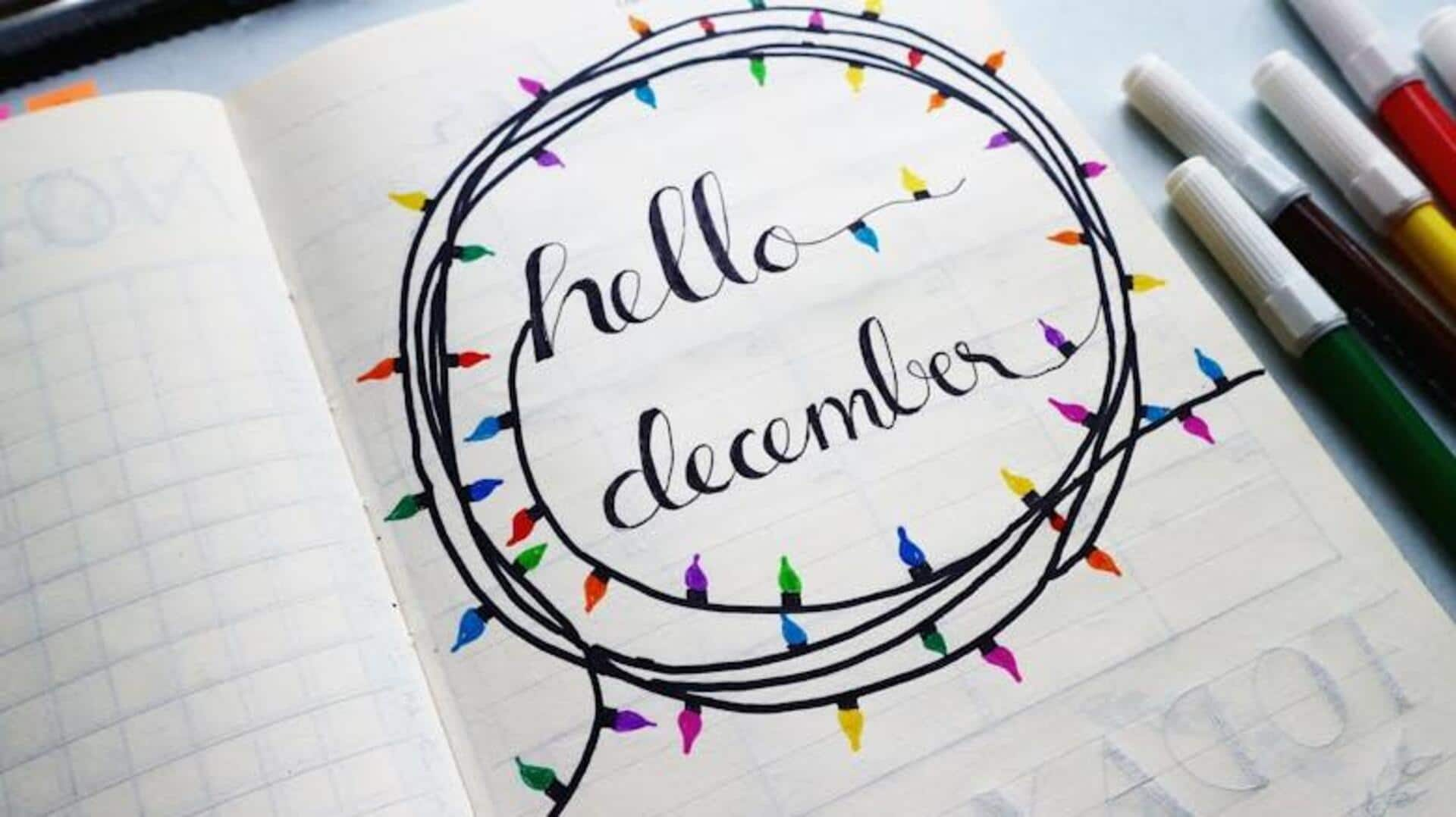
Discover the art of calligraphy: Tips and techniques
What's the story
Calligraphy is a visual art related to writing. It is the design and execution of lettering with a broad-tipped instrument, brush, or other writing instrument. It can be defined as 'art of beautiful handwriting'. It is a blend of design and handwriting and is about making the letters visually appealing and expressive. This ancient practice has evolved over centuries.
Tools
Tools for calligraphy beginners
Starting with calligraphy needs some basic tools. A beginner should invest in a set of calligraphy pens or brushes, ink for the tool they pick, and good quality paper that can absorb ink without bleeding. From dip pens that give you fine lines to brushes that give more fluid strokes, every tool has its own effect. Trying them helps you understand their uniqueness.
Strokes
Mastering basic strokes
Learning basic strokes is the key to ace calligraphy, since they are the building blocks of all letters. Practicing straight lines, curves, loops, and ovals over and over again can help develop muscle memory. Consistent pressure applied during strokes determines the thickness of lines; lighter the pressure, thinner the lines, and vice versa. Mastering these strokes gives you better control over letter formation.
Styles
Exploring different styles
Calligraphy includes a wide variety of styles, including Gothic, Italic, Copperplate, and Modern Script, etc. Each of these styles comes with some unique characteristics. For instance, Gothic features bold, angular shapes, while Copperplate is characterized by elegant curves. Experimenting with different styles can help you find your own aesthetic or even combine techniques from multiple styles into a single, signature piece.
Practice & patience
Importance of practice and patience
Regular practice is key to becoming proficient in calligraphy. By dedicating time every day or week, you'll make consistent progress over time. Patience is equally important as you'll need to devote time to master this art form without expecting to get it perfect right away. Welcome mistakes as lessons and you'll see your skills improving, slowly but surely, toward mastery.